Mozambique: Public invitation to civil society “will soon be launched” - Watch
Decentralisation: Administrators may be appointed under specific law – Mozambique
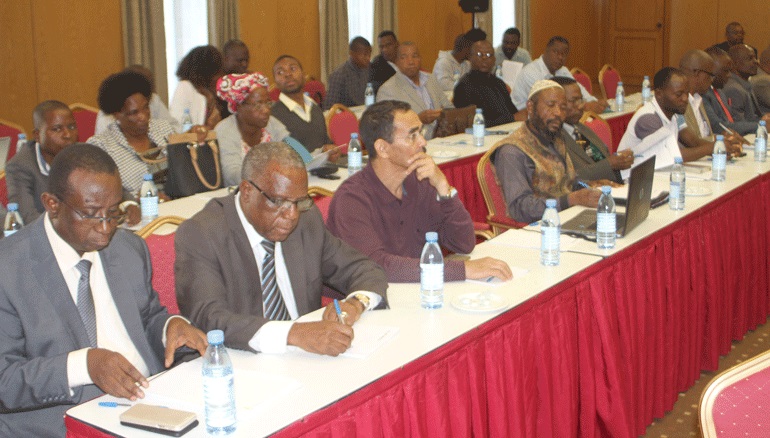
Notícias
District administrators in Mozambique may be appointed under a specific law approved by the Assembly of the Republic.
So far, the Frelimo, Renamo and MDM parliamentary benches have held firm to their positions on how district administrators should be appointed in the light of the consensus reached on decentralisation.
In a debate on decentralisation organised by the Institute for Multiparty Democracy (IMD) yesterday in Maputo, representatives of the three parliamentary groups reaffirmed their readiness to approve amendments to the Electoral Law, without compromising the currently agreed timetable.
The one-day meeting also included members of civil society, representatives of political parties without a seat in Parliament and academics linked to various areas of knowledge.
The proposal for a constitutional amendment deposited in the Assembly of the Republic by the head of state, Filipe Nyusi, based on the consensus reached with the late Renamo leader, Afonso Dhlakama, proposes the election of provincial governors in 2019, and of district administrators, in 2024.
In the analysis of the proposal and in strict observance of the law, the three parliamentary benches were able to remedy all the material and temporal impediments to the operationalisation of the matter, having reached consensuses in the form of election of the presidents of municipalities, provincial governors and district administrators by the head of list model.
However, they disagreed as to how administrators should be appointed until they start being elected in 2024. Renamo proposes that they be appointed by the provincial governor, while the MDM is for the anticipation of the district election, having chosen to send the proposal back to the two signatories.
Lucas Chomera from Frelimo’s parliamentary group explained in the speech made at the time that the President Nyusi and the Renamo leader reaffirmed that the election of administrators should only take place in 2014, and parliament should create a specific law to allow governors to keep their governments operating.
Chomera said that there was a need to maintain the letter and spirit of the consensus reached on the values and principles reflected in the draft law, such as national unity, the uniqueness of the state and the prevalence of national interests, and that decentralised bodies should be balanced and satisfy local interests without compromising national values.
Renamo representative Ezequiel Molde Gusse said his party’s view was that once governors were elected in 2019, they should appoint district administrators in the interval until 2024, when they will be elected.
He said, however, that Renamo would not contradict the understanding reached between Filipe Nyusi and Afonso Dhlakama.
José Lobo, from the MDM, justified his bench’s proposal, in anticipation of the election of administrators for 2019, with the need to find an easy solution to the differences. He promised, however, that the MDM would help pass a law that would allow for a smooth transition.
Throughout the debate, concerns were expressed about the time negotiations were taking, taking into account that local elections had already been called.
Rodrigues Timba, a member of the National Elections Commission (CNE), said that there was no legal void and that the electoral calendar was being observed, but admitted that it would be a great challenge for the CNE who, he said, would be more comfortable if the new electoral law were passed at least a year before elections.


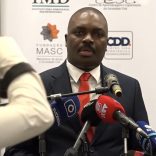
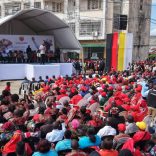
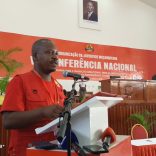

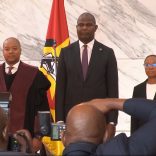
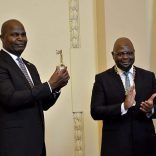





Leave a Reply
Be the First to Comment!
You must be logged in to post a comment.
You must be logged in to post a comment.